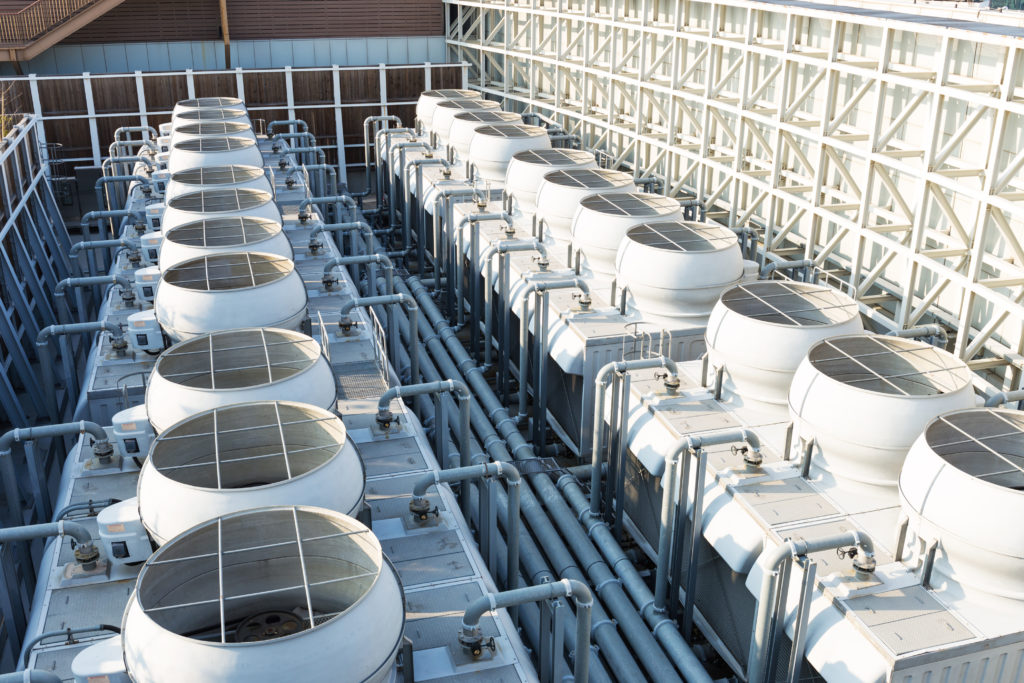Agriculture, the backbone of human sustenance, relies heavily on water for irrigation, livestock care, and crop production. However, with growing water scarcity and concerns about water quality, farmers are increasingly turning to advanced water treatment systems to optimize their operations. These systems not only ensure a consistent supply of clean water but also enhance agricultural productivity while addressing environmental challenges.
The Importance of Water Treatment in Agriculture
Agriculture consumes approximately 70% of the world’s freshwater supply. Yet, water contamination and resource depletion pose significant risks to farming practices. Untreated water can introduce harmful pathogens, chemicals, and sediments to crops and soil, leading to reduced yields and long-term damage. the best system for water treatment systems is vital in ensuring:
- Improved Crop Health: Providing clean water minimizes the risk of plant diseases caused by contaminated irrigation water.
- Efficient Resource Use: Proper filtration and treatment ensure that every drop of water contributes to crop growth.
- Environmental Protection: Treated water reduces the leaching of harmful substances into surrounding ecosystems.
- Compliance with Regulations: Many regions mandate strict water quality standards for agricultural use.
Key Features of Effective Water Treatment Systems for Agriculture
The best water treatment systems for agricultural use combine advanced technology, scalability, and cost-effectiveness. Essential features include:
Filtration Systems:
Remove sediments, debris, and organic matter to prevent clogging in irrigation systems. Sand filters, disc filters, and mesh filters are popular options.
Reverse Osmosis (RO):
RO systems are highly effective in removing salts, heavy metals, and other contaminants, making them ideal for areas with saline or brackish water.
Ultraviolet (UV) Sterilization:
UV treatment eliminates bacteria, viruses, and other pathogens, ensuring water is safe for crops and livestock.
Chemical Treatment Systems:
These systems use chlorine, ozone, or other agents to neutralize harmful microorganisms and stabilize water pH levels.
Desalination Units:
In coastal or arid regions, desalination systems convert seawater or saline groundwater into usable freshwater.
IoT and Smart Monitoring:
Modern systems integrate sensors and IoT technology to monitor water quality and system performance in real time.
Top Water Treatment Solutions for Agricultural Applications
- Reverse Osmosis (RO) Systems
RO systems are ideal for areas with high levels of dissolved salts or pollutants. By forcing water through a semi-permeable membrane, these systems remove up to 99% of contaminants. They are especially beneficial for:
- Greenhouse farming.
- Irrigation of salt-sensitive crops like strawberries and lettuce.
- Ultrafiltration Systems
Ultrafiltration systems are a step below RO in terms of filtration level but are more cost-effective and energy-efficient. They excel in removing:
- Pathogens.
- Organic materials.
- Drip Irrigation Filters
Drip irrigation systems require clean water to prevent emitter clogging. Sand separators and disc filters are essential for maintaining efficient water flow.
- Desalination Plants
For regions facing water scarcity and salinity challenges, desalination plants provide a sustainable solution. Advanced technologies such as forward osmosis make these systems more accessible and affordable for large-scale farming.
- Aeration Systems
Aeration improves water quality by introducing oxygen into stagnant water, reducing harmful anaerobic bacteria, and improving the overall ecosystem for aquaculture and irrigation ponds.
Advantages of Advanced Water Treatment Systems in Agriculture
- Increased Yield: Clean water promotes healthier crops, leading to higher yields and better-quality produce.
- Water Efficiency: Treated water optimizes irrigation, reducing wastage and maximizing productivity.
- Cost Savings: Prevention of system damage and reduced water wastage lead to lower operational costs.
- Sustainability: Advanced systems support eco-friendly practices by conserving water and reducing environmental pollution.
- Flexibility: Modular designs allow systems to scale up or down based on farm size and specific requirements.
Real-World Applications
Case Study 1: Greenhouse Farming in Saline Environments
A greenhouse in Gujarat, India, implemented an RO system to treat saline groundwater. The result was a 30% increase in tomato yields and a significant reduction in salt damage to plants.
Case Study 2: Dairy Farming in New Zealand
A dairy farm adopted UV sterilization to treat water used for cleaning equipment and providing drinking water to cattle. This led to improved animal health and compliance with local water safety standards.
Case Study 3: Sustainable Rice Cultivation in Southeast Asia
Farmers used a combination of sand filtration and chemical treatment systems to purify irrigation water from polluted rivers, resulting in higher productivity and reduced reliance on chemical fertilizers.
Future Trends in Agricultural Water Treatment
- AI and Machine Learning: These technologies will enhance predictive maintenance and optimize water treatment operations.
- Renewable Energy Integration: Solar-powered water treatment systems will reduce operational costs and carbon footprints.
- Decentralized Water Treatment: Portable and compact units will provide solutions for small-scale farmers.
Conclusion
Water treatment systems are no longer a luxury but a necessity in modern agriculture. By investing in the best systems tailored to their needs, farmers can ensure sustainable practices, improved productivity, and compliance with environmental standards. From reverse osmosis to smart monitoring, these solutions are paving the way for a future where every drop of water is utilized effectively, benefiting both farmers and the planet.
Whether for large-scale operations or small farms, the integration of advanced water treatment systems represents a significant step toward achieving food security and environmental sustainability.
